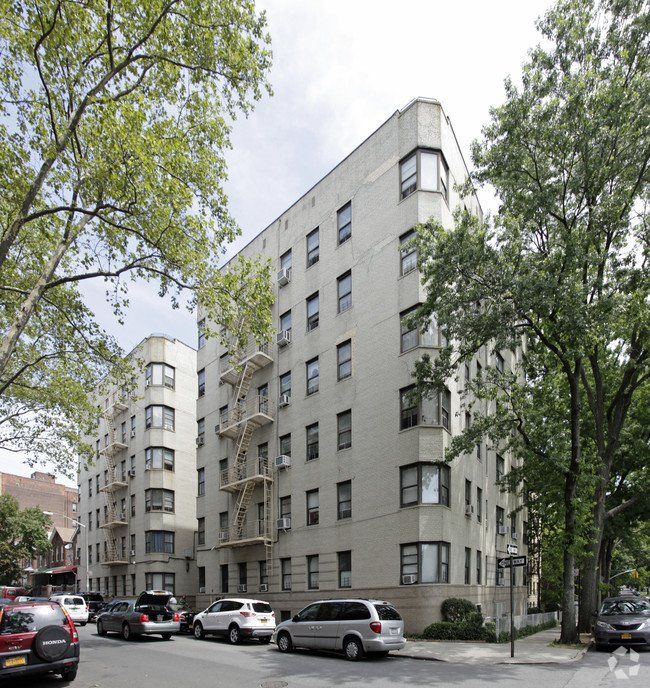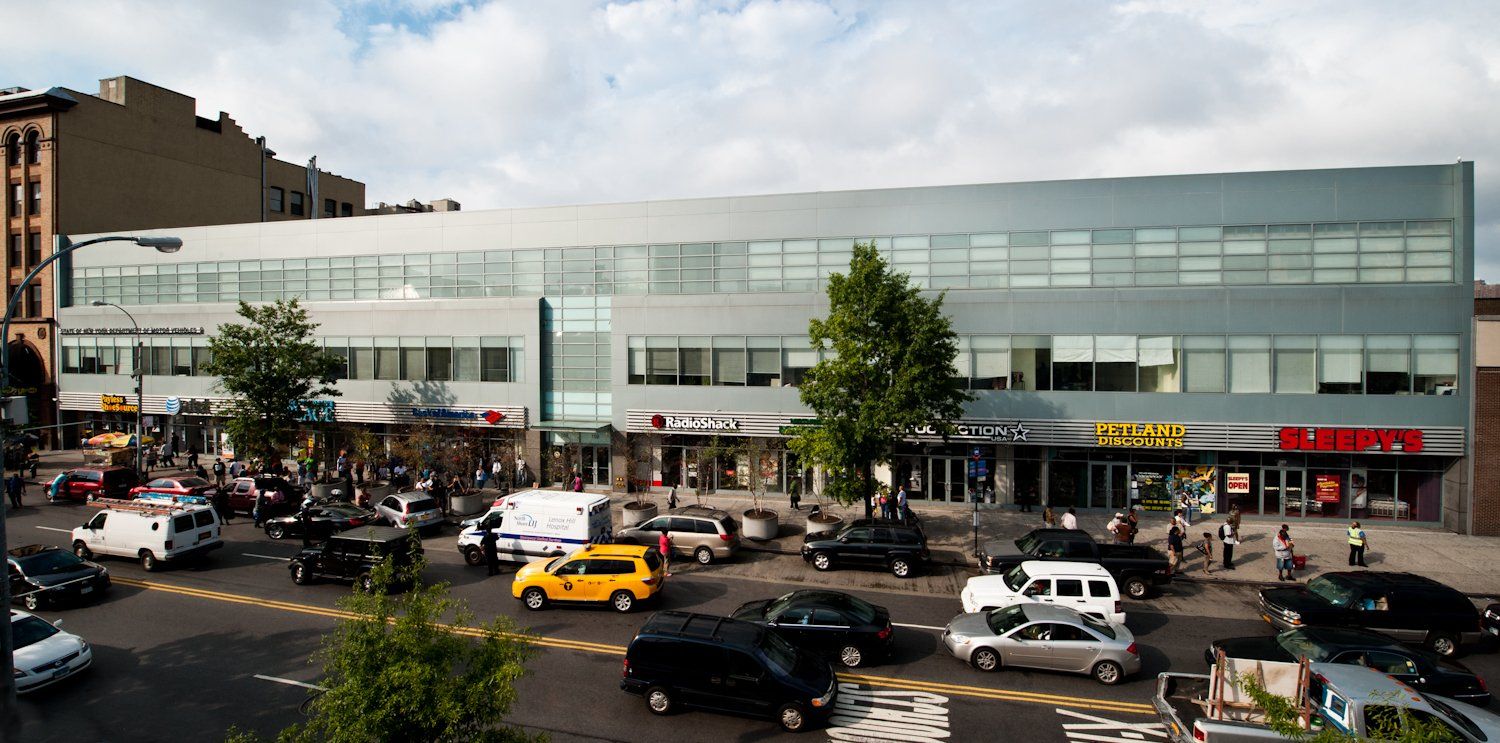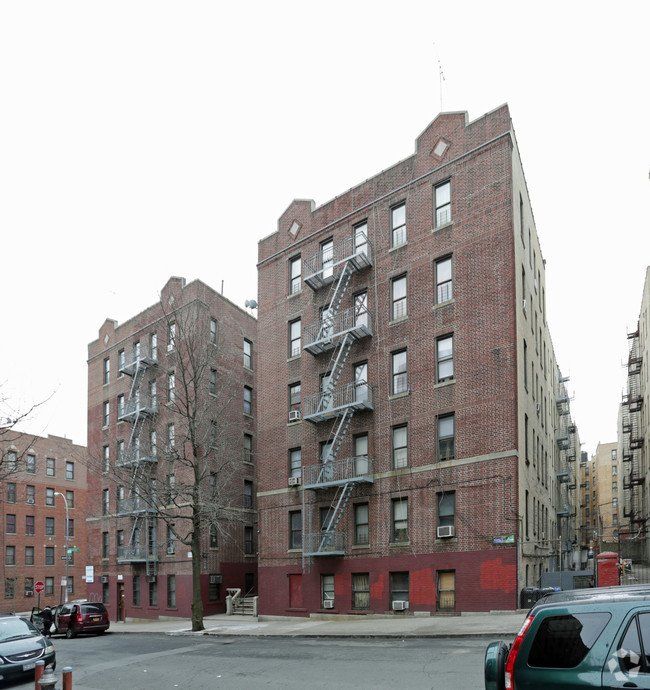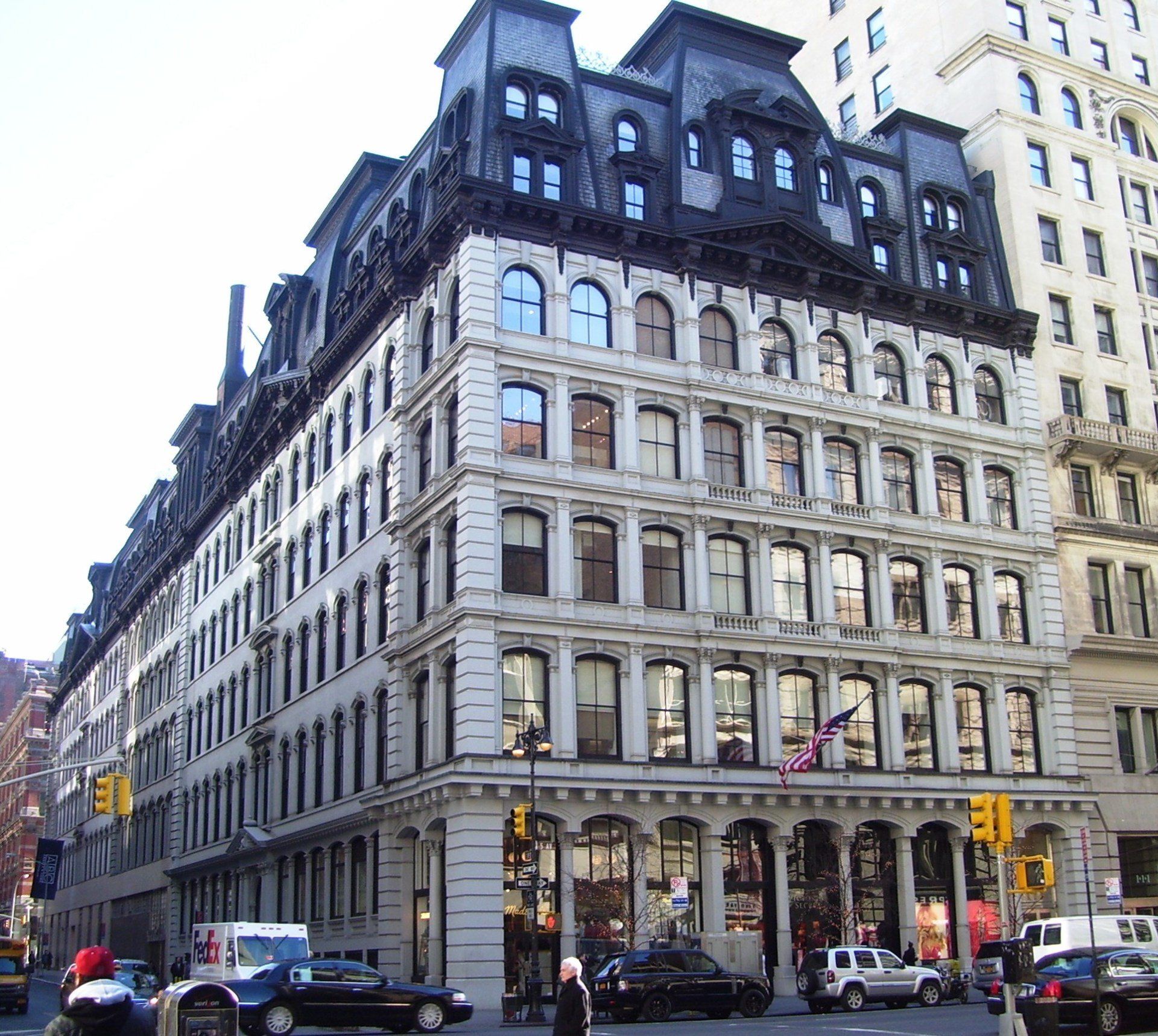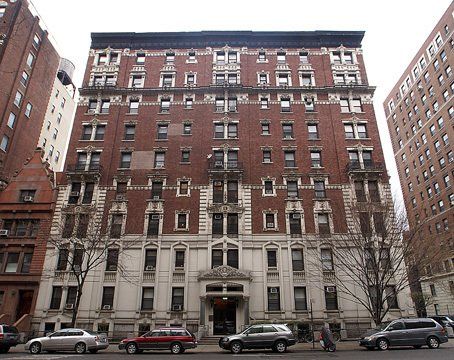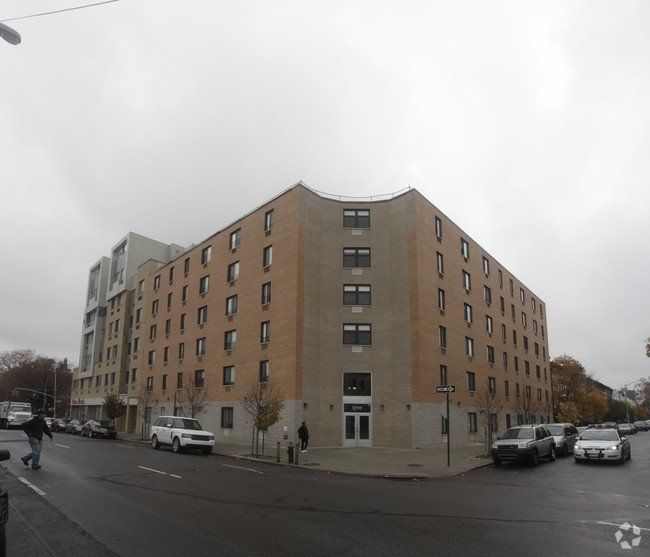Local Law 87 Energy Assessments
Good for the planet, onerous for the building owners. We bridge the gap.
Get Started on LL87
Submit a form to get in touch with a Project Manager who will answer questions about your NYC properties. No obligations!
Local Law 87
What is Local Law 87?
Local Law 87 is both a useful and onerous requirement for NYC owners and managers. The process helps to identify energy savings, but the costs of compliance can be significant. ReDocs is better than anyone at closing the gap between the problems and the benefits that this law creates.
The law requires that all New York City buildings greater or equal to 50,000 square feet undergo a professional energy assessment and that the results of this assessment be filed with the New York City Department of Buildings.
LL87 Energy Audit
An assessment of the building’s systems for the purpose of identifying recommended but not required energy savings measures. The recommended measures are to be provided in a report to the building owner and filed with the New York City Department of Buildings.
LL87 Retro-Commissioning
An assessment of the building’s base systems for the purpose of ensuring that a building’s systems are operating as intended. Local Law 87 lists 25 “retro-commissioning items” relating to the building and its operations. Items found to be deficient are to be provided in a report to the building owner. The deficiencies and steps taken to correct these deficiencies are to be filed with the New York City Department of Buildings


